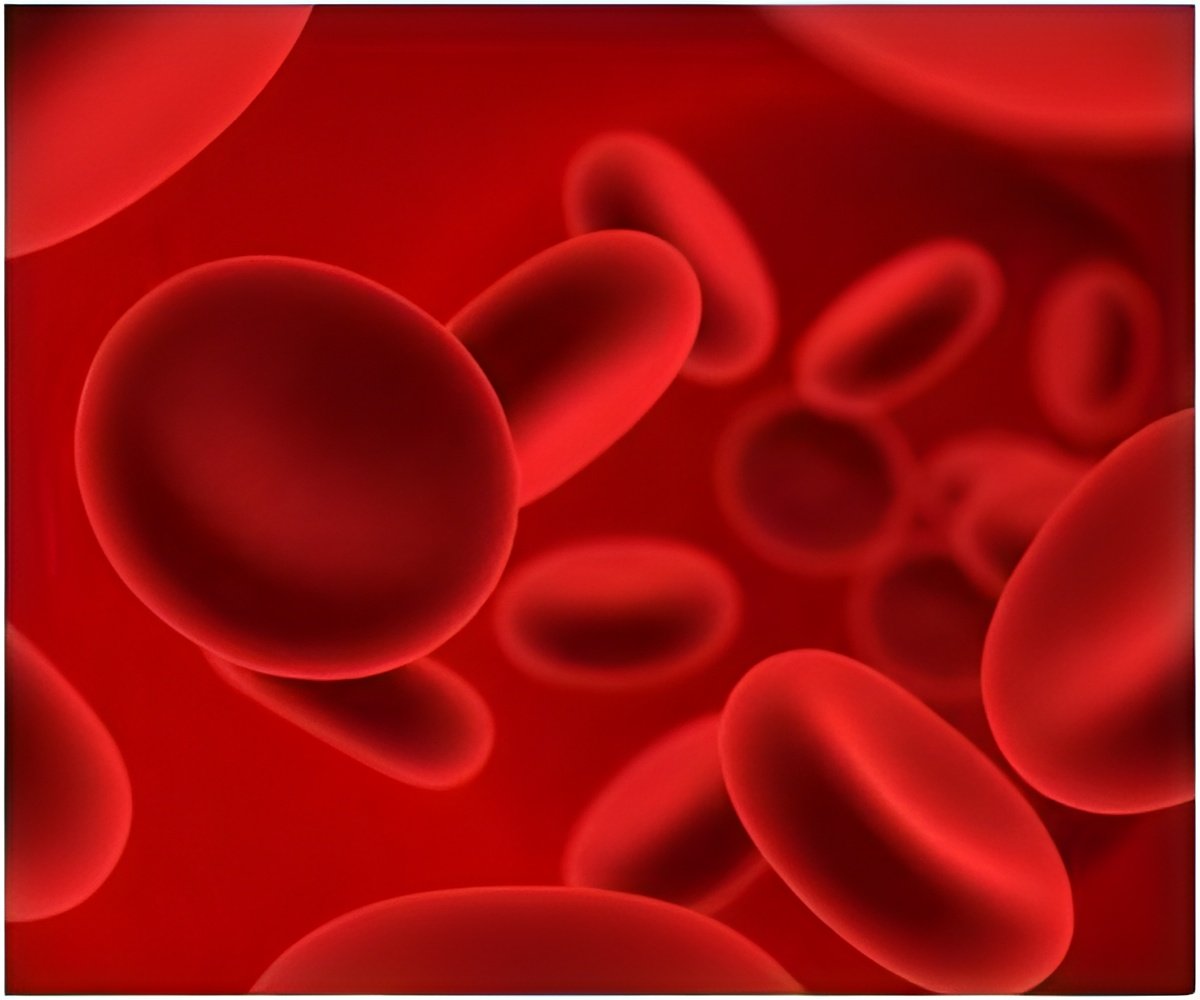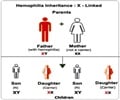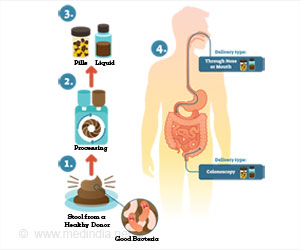Researchers have discovered a novel treatment for human hemophilia and a broad range of other bleeding problems.

"The shape of the variant FXa changes when it interacts with another clotting factor made available following an injury," added Camire. "This increases the functioning of the protein which helps stop bleeding." Camire is an associate professor of Pediatrics in the Perelman School of Medicine at the University of Pennsylvania.
The study appears online today in Nature Biotechnology, and will be published in the journal's November 2011 print issue.
In hemophilia, an inherited single-gene mutation impairs a patient's ability to produce a blood-clotting protein, leading to spontaneous, sometimes life-threatening bleeding episodes. The two major forms of the disease, which occurs almost solely in males, are hemophilia A and hemophilia B, characterized by which specific clotting factor is deficient. Patients are treated with frequent infusions of clotting proteins, which are expensive and sometimes stimulate the body to produce antibodies that negate the benefits of treatment.
Roughly 20 to 30 percent of patients with hemophilia A and 5 percent of hemophilia B patients develop these inhibiting antibodies. For those patients, the conventional treatment, called "bypass therapy," is to use drugs such as factor VIIA and activated prothrombin complex concentrates (aPCCs) to restore blood clotting capability. But these agents are costly (as much as $30,000 per treatment) and not always effective. Camire added that, in the current animal study, they were able to show the variant protein is more effective at a lower dose than FVIIa.
The range of options for hemophilia patients could improve if the study results in animals were to be duplicated in humans. "The variant we have developed puts FXa back on the table as a possible therapeutic agent," said Camire. Naturally occurring (wild-type) FXa, due to its particular shape, is not useful as a therapy because normal biological processes shut down its functioning very quickly.
Advertisement
When infused into mice with hemophilia, the FXa variant reduced blood loss after injury, as it safely restored blood clotting ability. Further studies are necessary in large animal models to determine whether this approach can become a clinical treatment for hemophilia patients who have developed inhibitors, or even more broadly as a drug for uncontrolled bleeding in other clinical situations.
Advertisement











